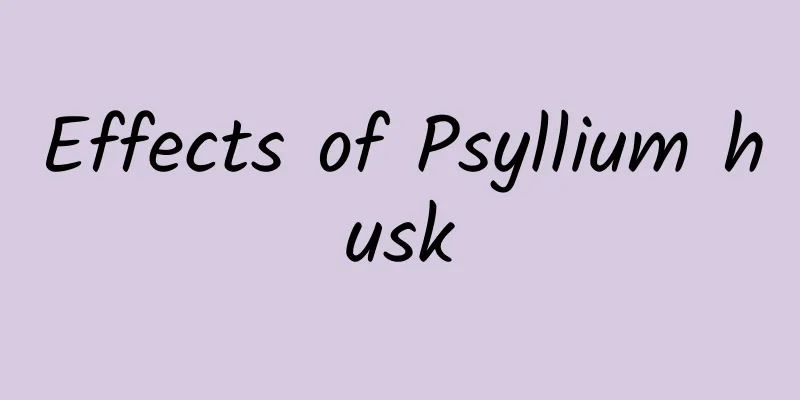Who can't eat placenta?

|
When it comes to placenta, many people don’t know what it is, but when it comes to placenta, I believe basically everyone knows it. We know that the placenta is a carrier used to provide nutrition to the fetus, so it is rich in nutrients. It is also a traditional Chinese medicine, and it is very precious. So, many people have eaten placenta, but there is a group of people who cannot eat placenta? Let’s take a look at who should not eat placenta? 1. Enhance the body's resistance. Subcutaneous injection of human placenta extract into mice can prolong their swimming time. Intramuscular injection into rats has a certain preventive and therapeutic effect on experimental gastric ulcers caused by reserpine, tension, and ligation of the lower part of the pylorus. Intraperitoneal injection of the hydrochloric acid hydrolyzate of defatted placenta into rats had a significant inhibitory effect on hepatic fat deposition caused by carbon tetrachloride and ethylthiobutyric acid. Oral administration of placenta powder to mice can reduce their tuberculosis lesions, and in test tubes it can actually promote the growth of Mycobacterium tuberculosis. Therefore, it is believed that its main function is to enhance the body's resistance. 2. Effect on blood coagulation The placenta contains urokinase inhibitors, which can inhibit the "activation" effect of urokinase on plasminogen. The decrease in fibrinolytic activity during pregnancy is related to this. It has been reported that during pregnancy, the plasminogen activator in the myometrium of the uterus 3. The ratio of activators to urokinase inhibitors is 1:3.4, while the ratio of the two in the placenta is as high as 1:1197. Human placenta contains low molecular weight coagulation factor XII (a glycoprotein), which can not only stabilize fibrin clots and promote wound healing, but also has an antihistamine effect in animal experiments. It can be used clinically to treat patients with bleeding caused by factor XII deficiency. 4. Traditional Chinese medicine believes that the placenta is warm in nature and should not be used alone by patients with yin deficiency. It is also not suitable for those with real evil, otherwise it will add fuel to the fire. Therefore, it should be processed properly and consumed scientifically under the guidance of a doctor after diagnosis. The above introduces some questions about who should not eat placenta. Some people may be very superstitious about the nutritional value of the placenta and its function of nourishing the body, which is an extremely wrong way of thinking. After people consume placenta, the protein in it is simply broken down into ordinary amino acids, which cannot enhance the body's immunity. |
<<: Is burdock really delicious?
>>: How much is the dosage of placenta?
Recommend
What are the differences between raw Polygonum multiflorum and processed Polygonum multiflorum?
Everyone hopes to have a healthy body and a good ...
Did the US military once remove alien bodies from a flying saucer? What did the US Congressional UFO hearing say?
UFOs are trending again. This time, the protagoni...
What are the taboos of drinking warm tonic Chinese medicine?
As we all know, many people now choose Western me...
There is a four-leaf clover in the title picture, can you find it?
There is a three-dimensional four-leaf clover hid...
Effects and functions of Huoxiang Chinese medicine
Everyone is familiar with Huoxiang Zhengqi Water....
What are the uses of licorice?
When it comes to Chinese medicinal materials, the...
The efficacy of white mulberry
Many people may not have seen the medicinal herb ...
When humans were no longer apes, upright walking left behind "aftereffects"!
What are the main differences between humans and ...
What is the role of Chuanqiong?
Chuanxiong is a common plant medicine in traditio...
Is there a secret to grain size? Scientists discover key gene regulating millet yield
Millet is a specialty grain crop originating in m...
117 Epidemic Observation | Yan Ning·Prin·Ⅱ
The storm is coming, New Jersey has a curfew~ Wri...
The efficacy, function and consumption method of cinnamon twig
Diseases need good treatment methods, and the mos...
The efficacy and function of Beiqi
I believe many people know that Beiqi is a very g...
Do you need to sleep for eight hours? Is it healthiest to go to bed at 10 or 11 o'clock? Finally, there is an answer
Sleep is a repair process for the human body that...
The efficacy and function of bean curd
Doubanlv has the effects of relaxing muscles and ...









